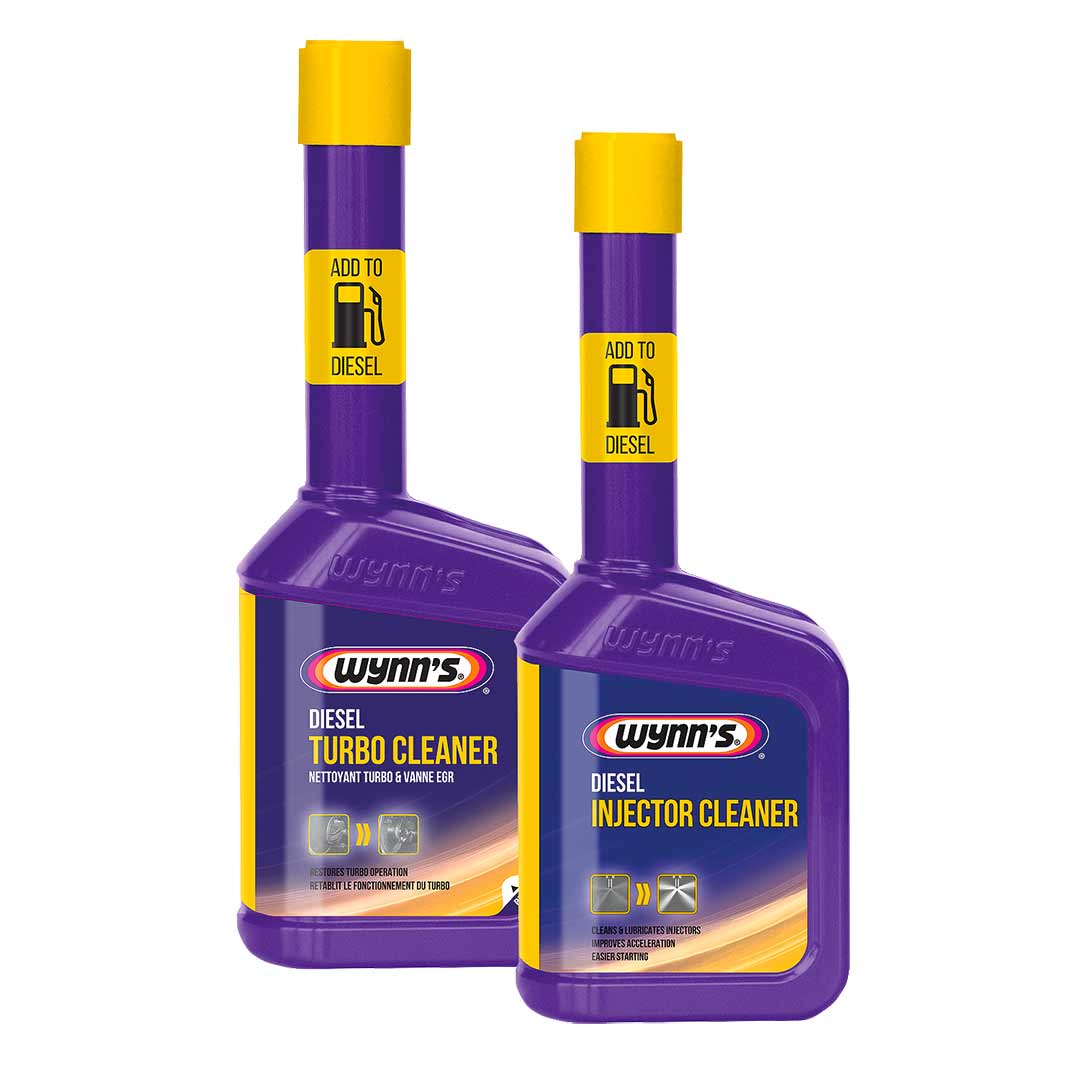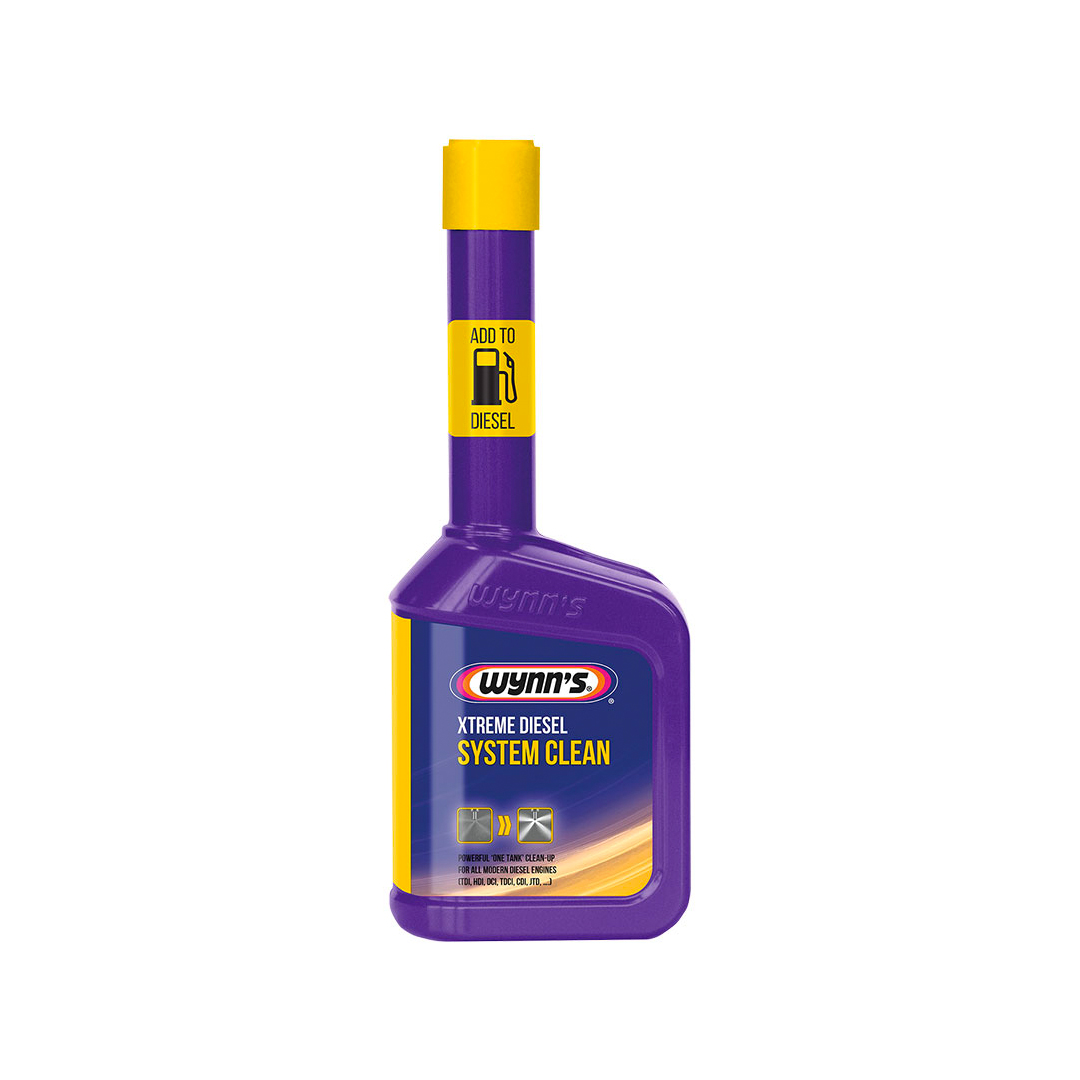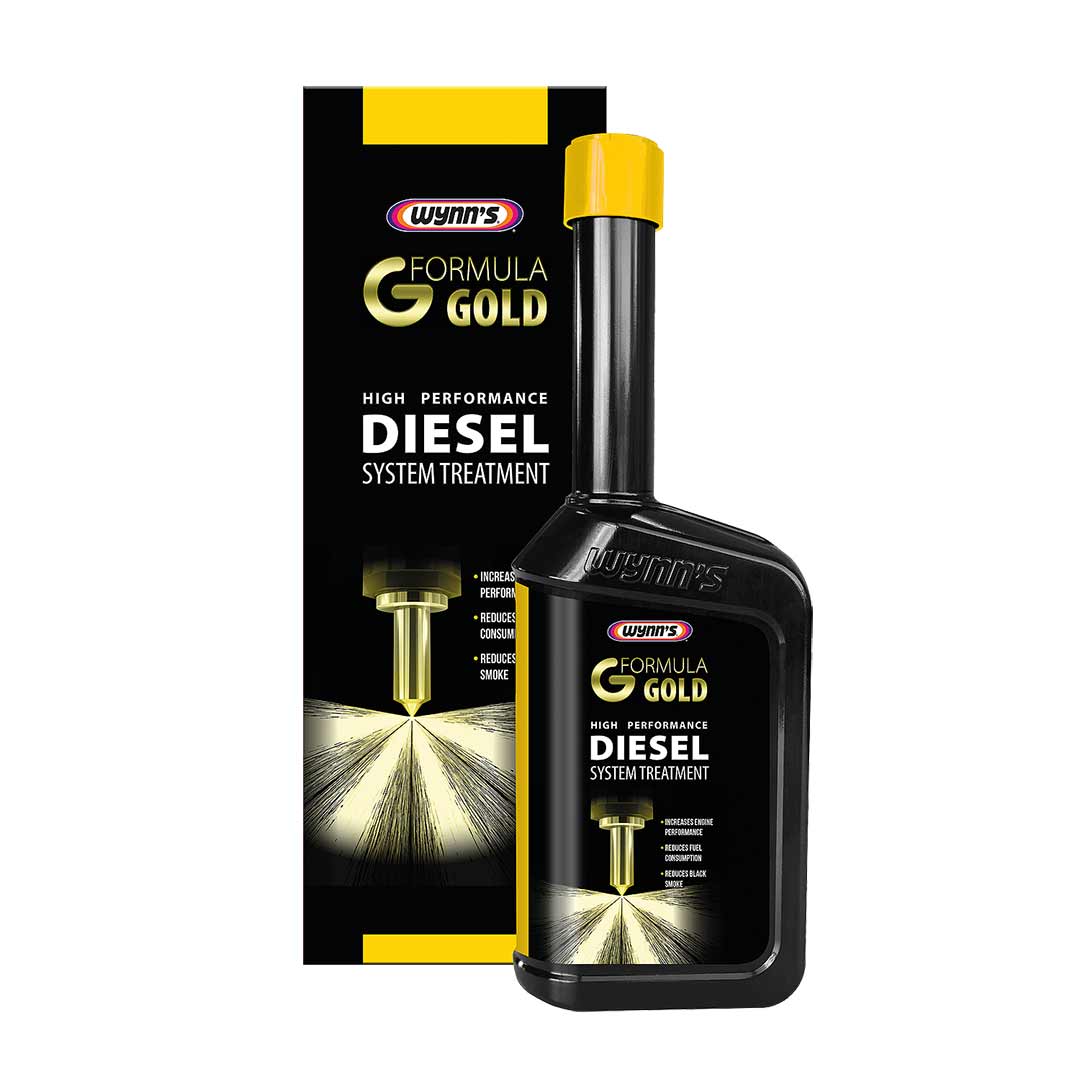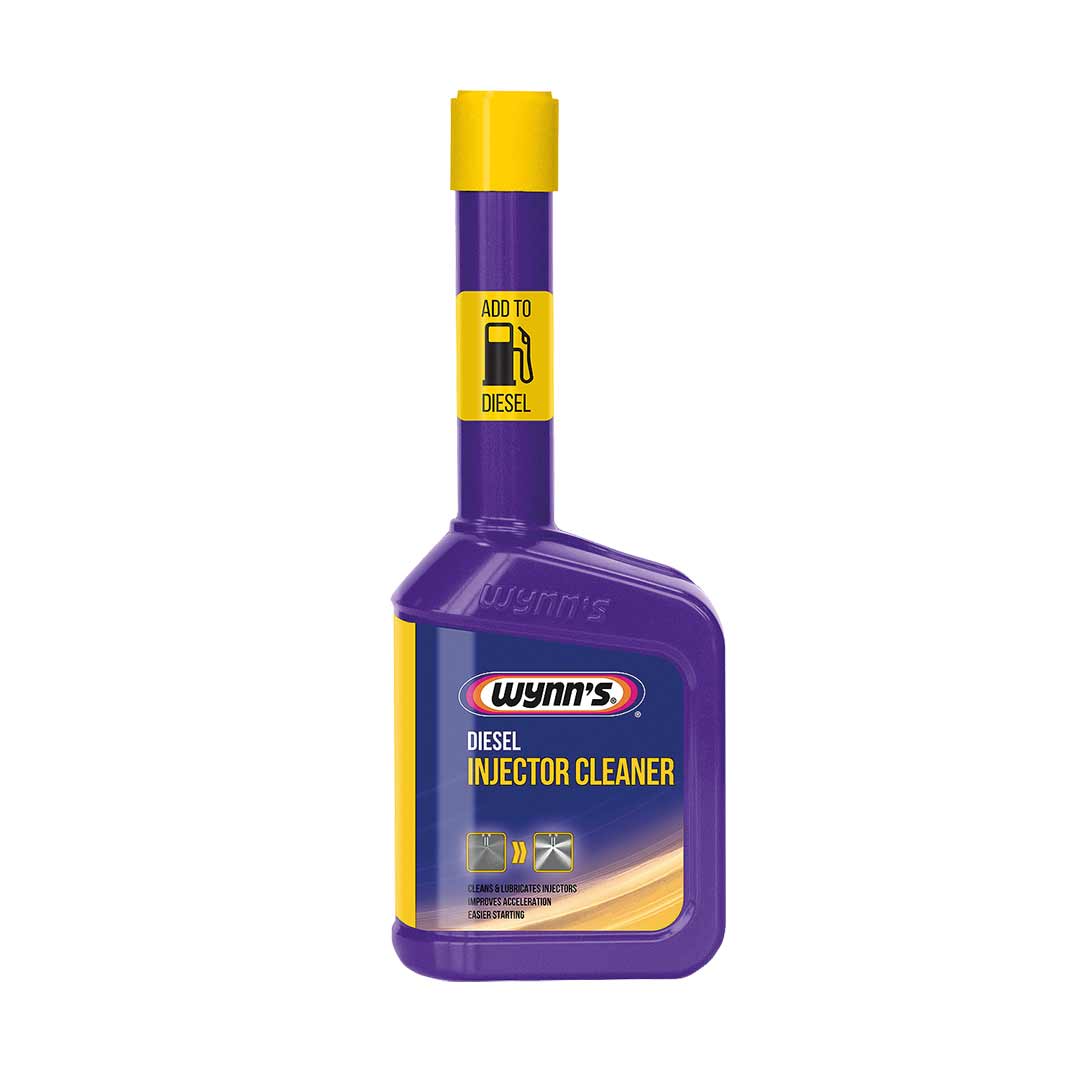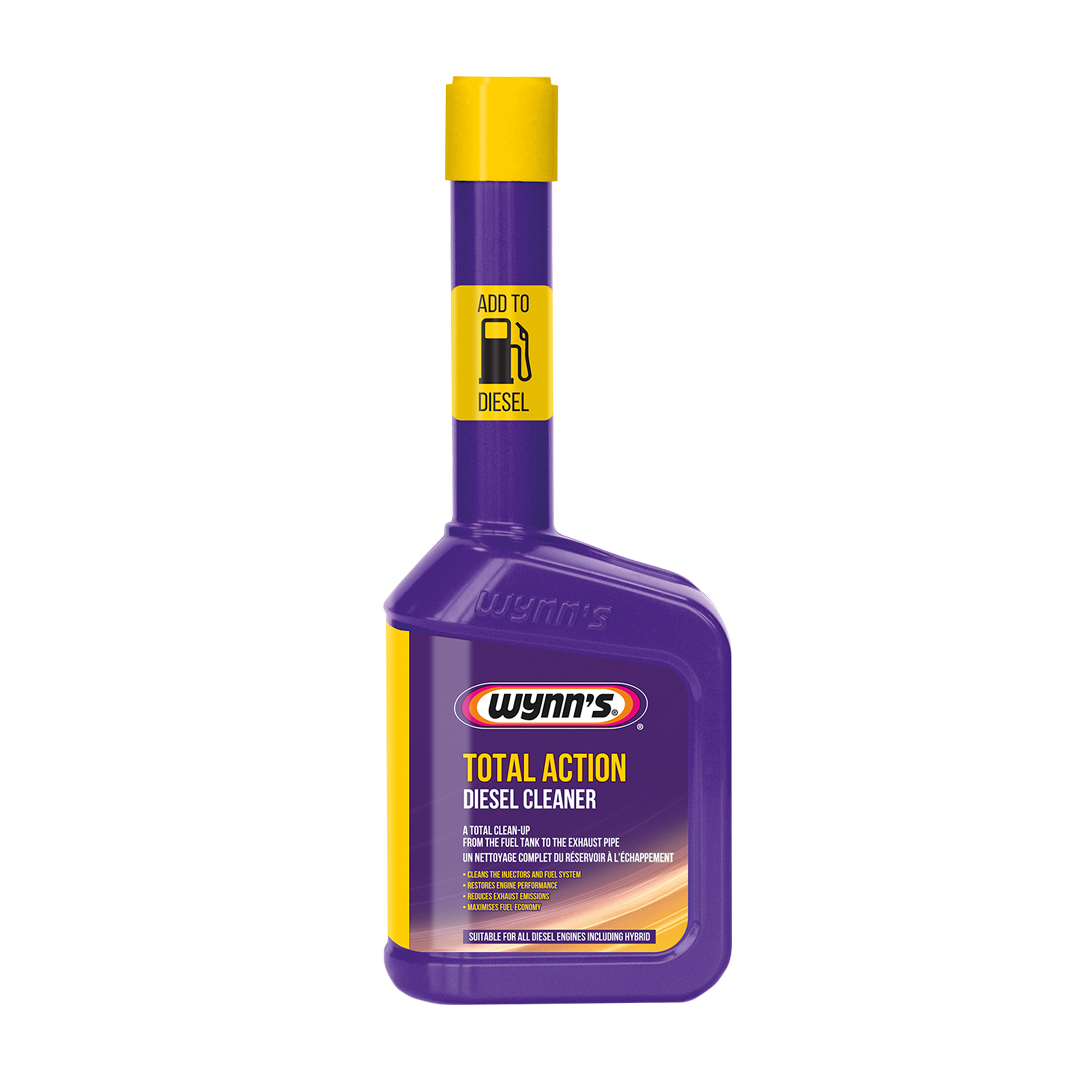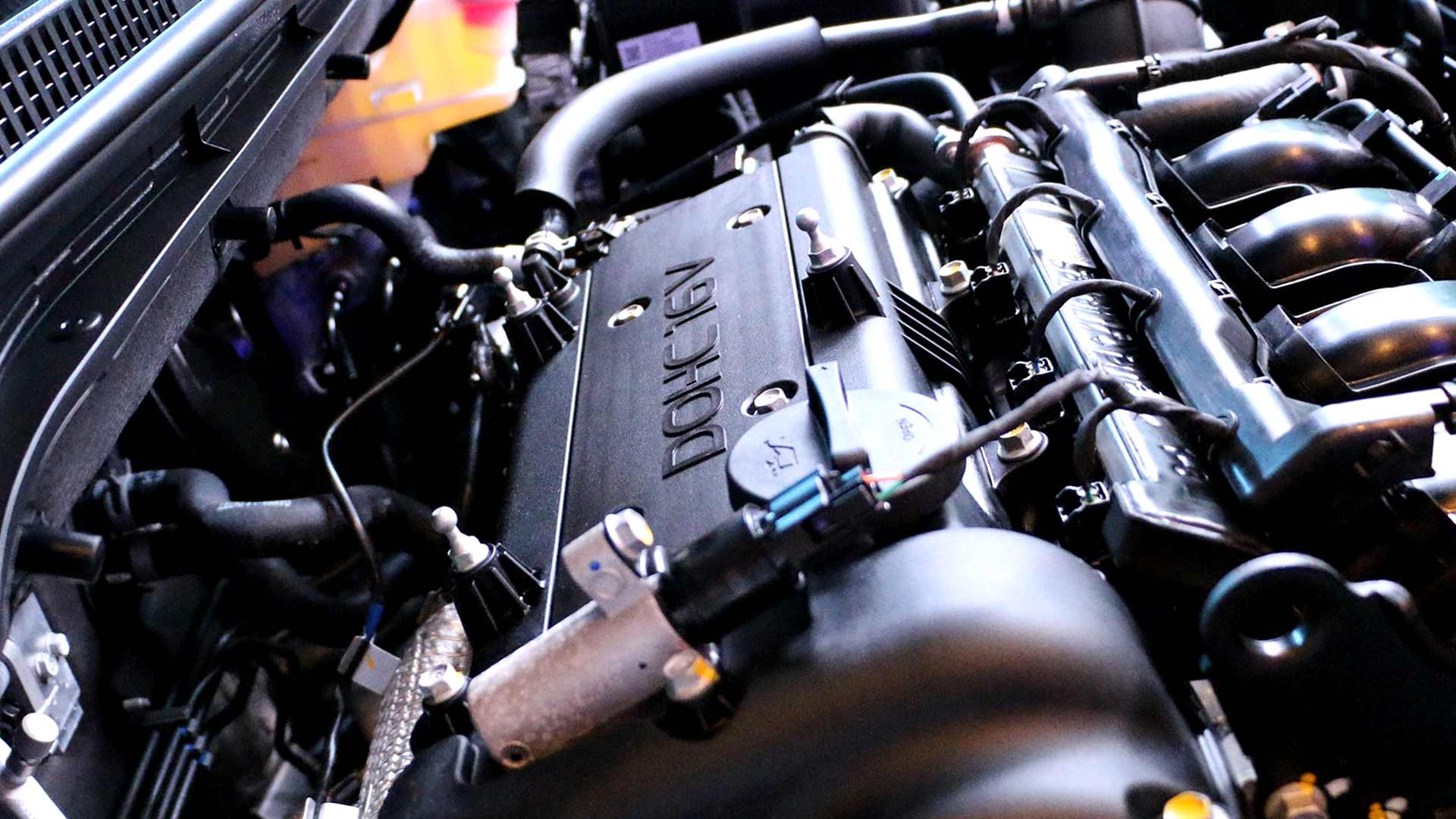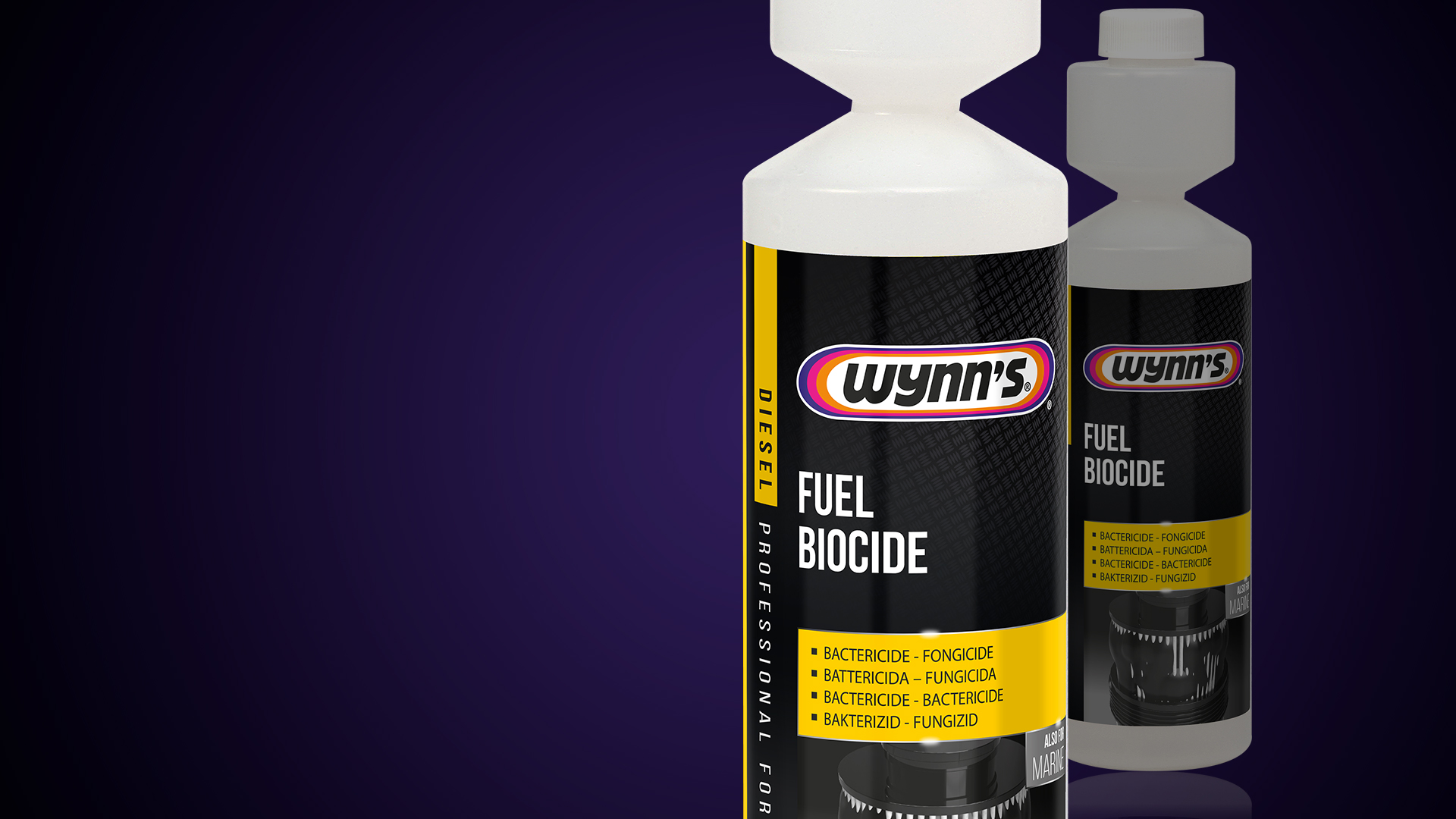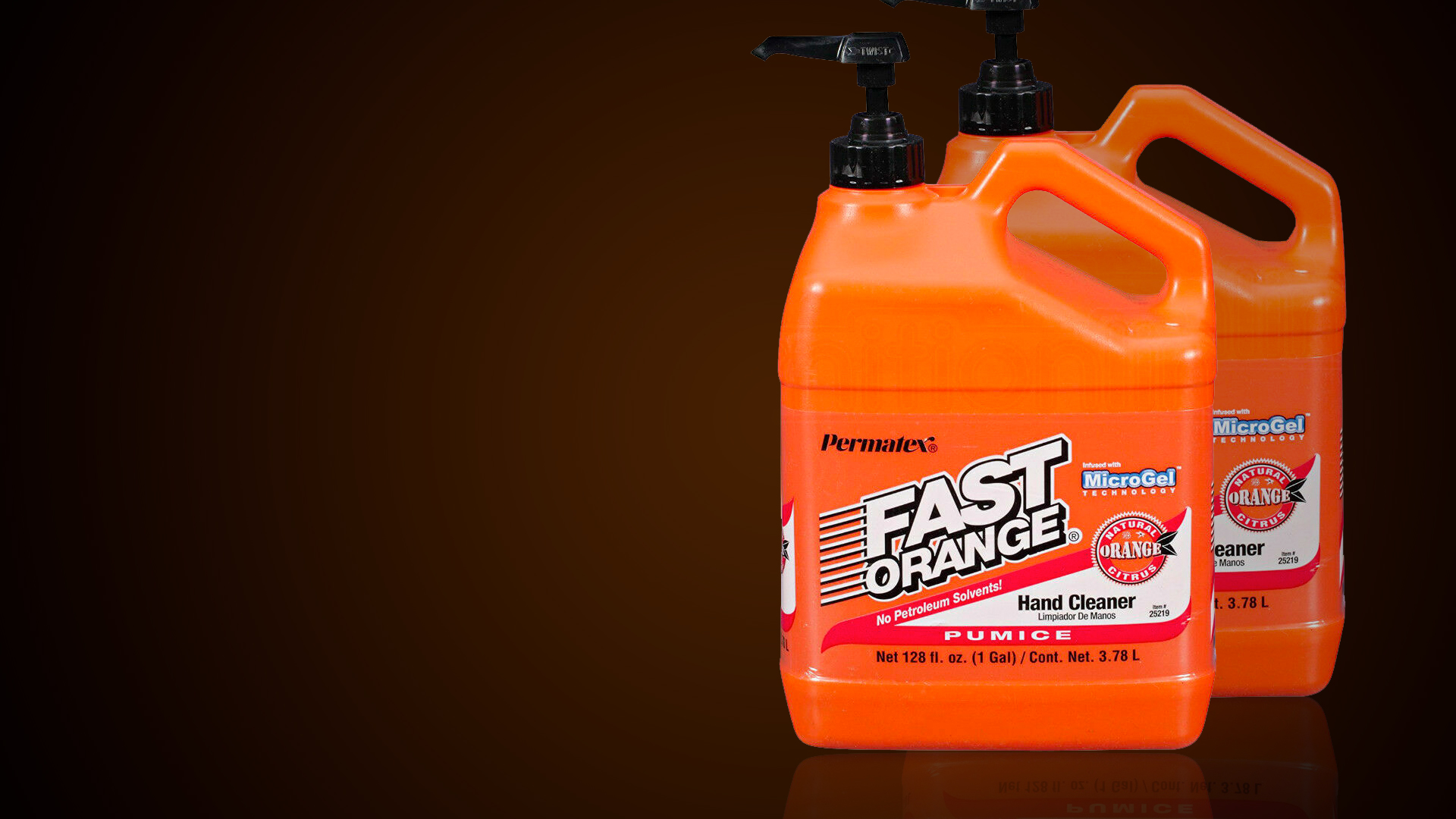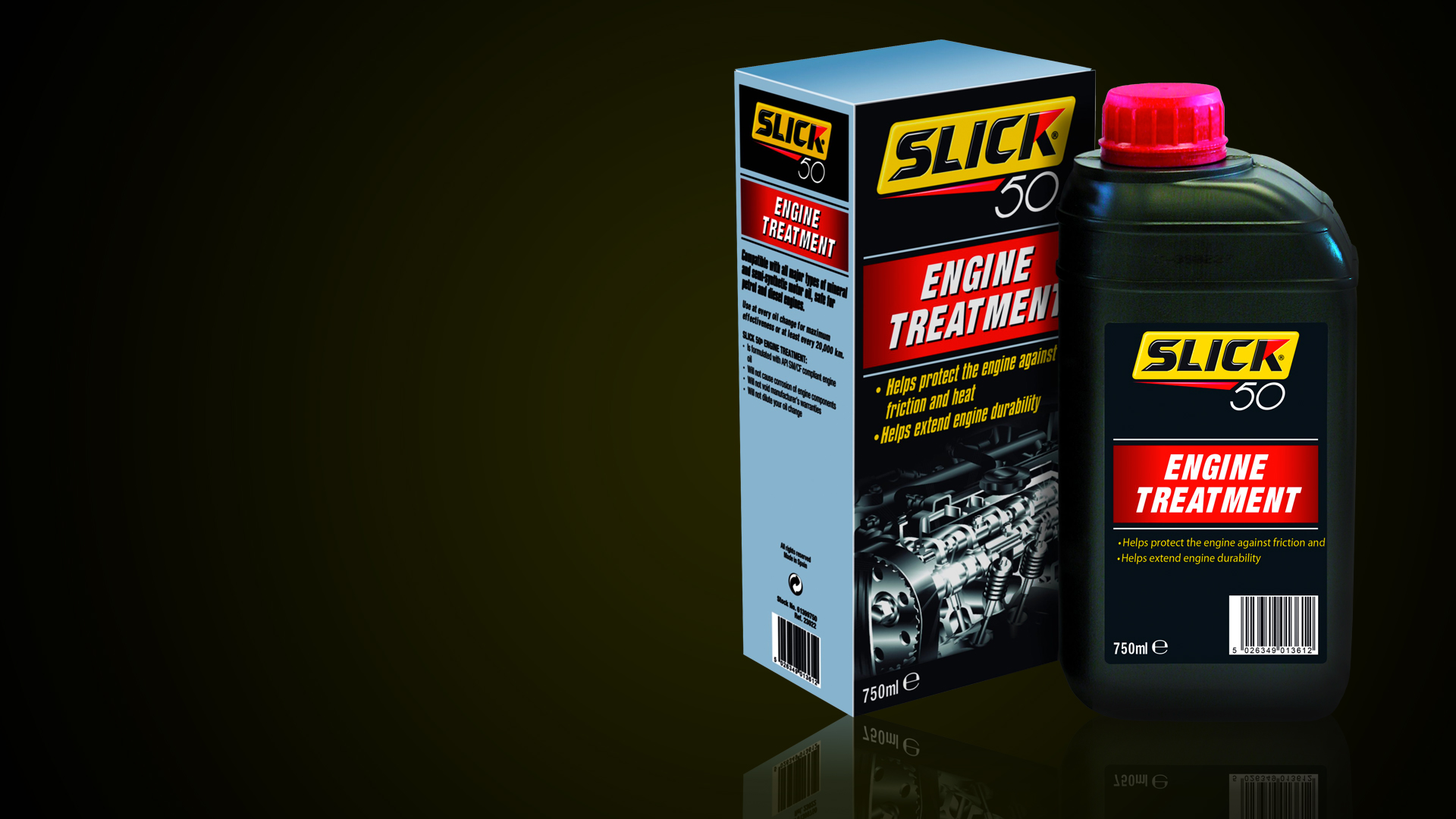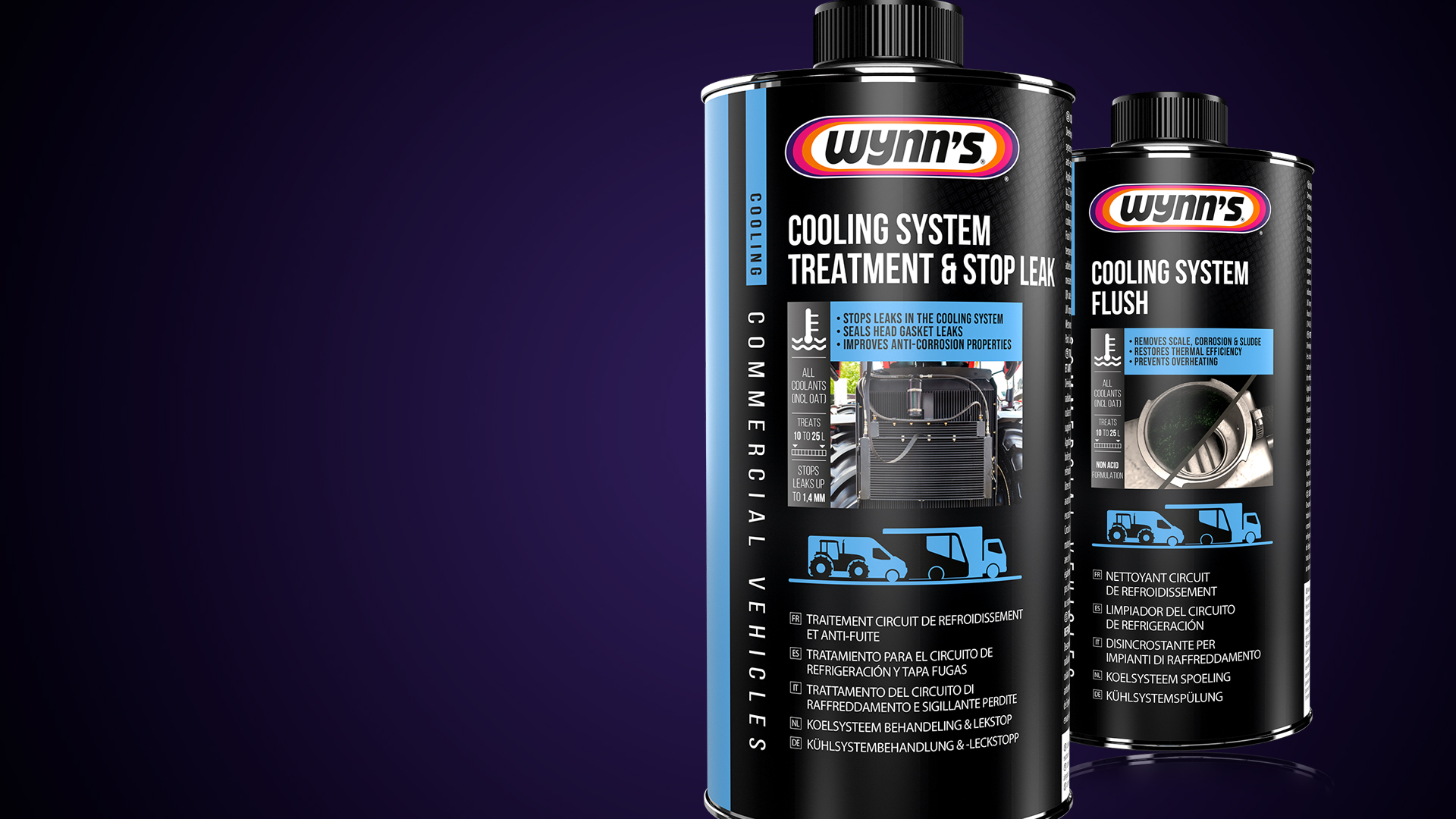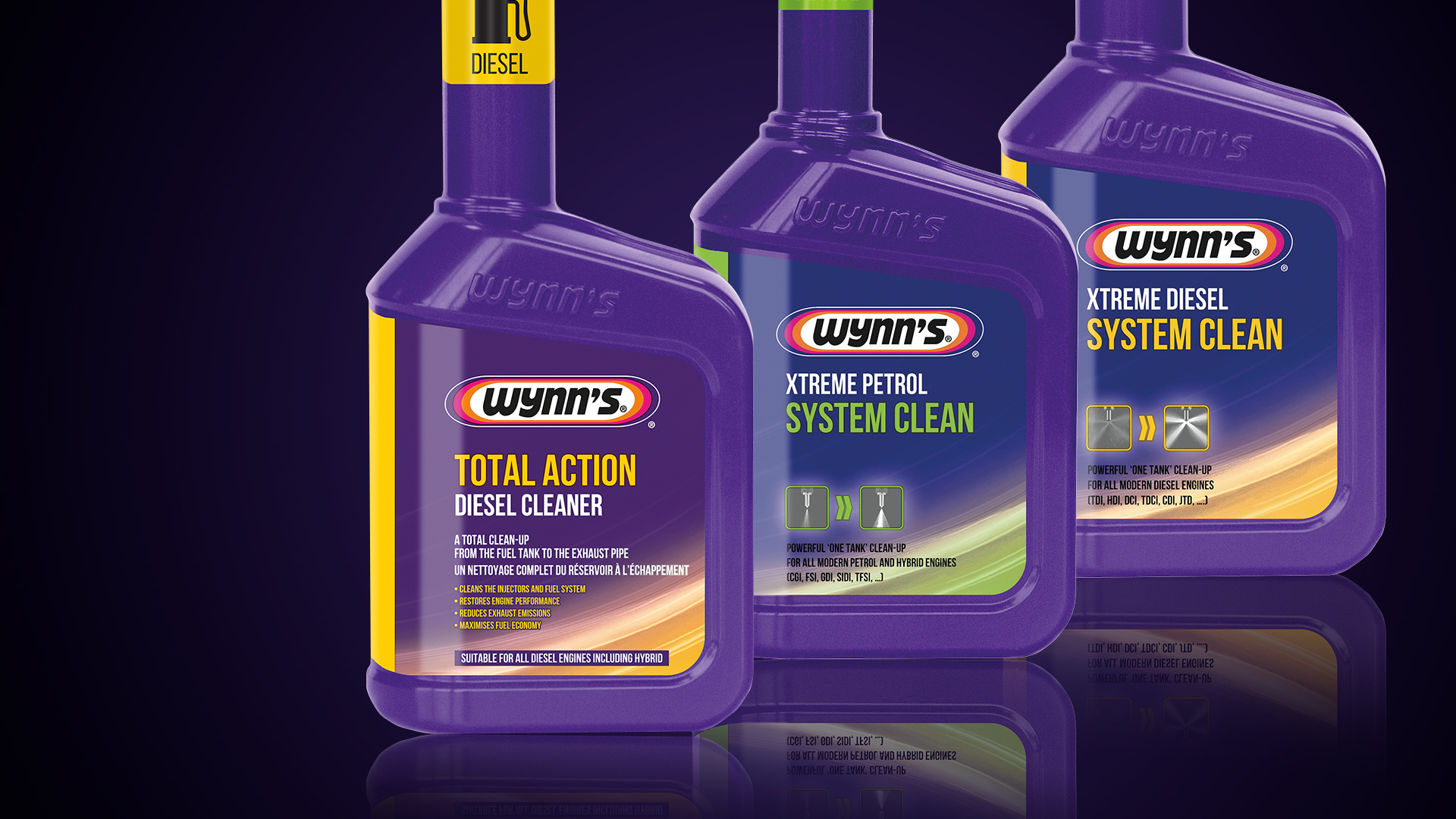Diesel additives are chemical compounds designed to enhance the performance and efficiency of diesel engines.
This article explores the various types of diesel additives available, their benefits, and considerations for automotive use. By understanding how these diesel additives work, vehicle owners can make informed decisions to improve engine performance, fuel economy, and overall vehicle longevity.
Using diesel additives can significantly enhance the performance and longevity of diesel engines in automotive applications. By selecting the right type of additive and using it according to manufacturer recommendations, vehicle owners can enjoy improved engine efficiency, reduced emissions, and lower maintenance costs. As with any automotive product, informed usage is key to maximising benefits.
Types of diesel additives.
Cetane boosters: increases the cetane number of diesel fuel, leading to improved ignition quality.
Fuel system cleaners: helps clean the fuel injectors and combustion chamber.
Lubricity additives: enhances the fuel's ability to lubricate these components, extending their lifespan.
Cold flow improvers: improvers lower the pour point of diesel, ensuring it remains fluid in low temperatures.
Benefits of using diesel additives.
Improved engine performance.
By enhancing combustion and reducing deposits, diesel additives can lead to better throttle response and overall engine performance.
Reduced emissions.
Cleaner combustion leads to fewer harmful emissions, making diesel engines more environmentally friendly.
Increased fuel efficiency.
Many additives help optimise combustion, which can result in better fuel economy and lower operating costs.
Extended engine life.
By reducing wear and tear on engine components, additives can contribute to a longer lifespan for the engine.
Considerations for use.
Compatibility.
Always check that the additive is compatible with your specific diesel fuel and engine type. Some additives may not be suitable for all diesel engines.
Quality of additives.
Manufacturer recommendations.
Follow the vehicle manufacturer’s guidelines regarding the use of additives. Overuse or incorrect use can lead to adverse effects.
Frequency of use.
Determine the appropriate frequency for using additives based on driving conditions and fuel quality. Regular use may be beneficial, but excessive use can be counterproductive.
